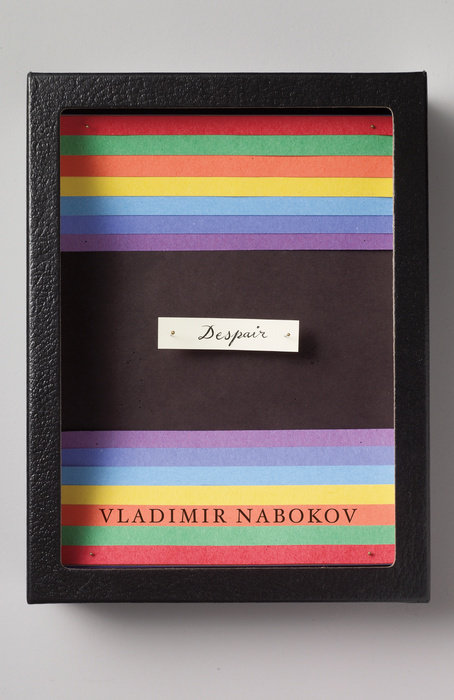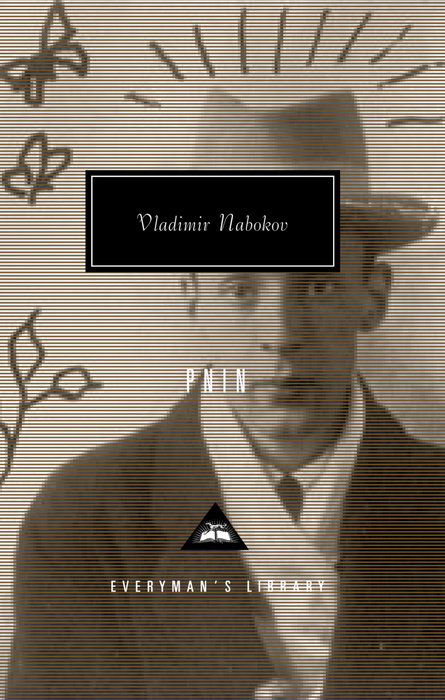
Transparent Things
Book Description
A man teeters on the edge of memory and illusion as he navigates a world that slips through his fingers like sand. In a haunting exploration of love and loss, Nabokov weaves an intricate tapestry of obsession and the inescapable specter of fate. Shadows of the past dance around him, blurring the lines between reality and dreams. With every encounter, secrets unravel, revealing the fragility of human existence. As the clock ticks down, can one truly reclaim what has been lost, or is the past destined to haunt forever? Where do the threads of desire lead when reality fades?
Quick Book Summary
"Transparent Things" by Vladimir Nabokov centers on Hugh Person, a melancholy and introspective editor, who returns to Switzerland years after the traumatic events that shaped his life. Through a labyrinth of recollections and fleeting encounters, the novel explores Hugh’s obsession with his late wife, Armande, and his struggle to decipher the boundary between memory and reality. Nabokov crafts a narrative where the tangible world blurs with the ethereal, and the protagonist is haunted by his past, failed relationships, and guilt. The book meditates on the transparency of existence—how the past, present, and future are interconnected and how memory can distort and shape perception. With precise prose and playful yet poignant metaphysics, Nabokov invites readers to contemplate the nature of fate, love, and the elusive clarity we seek in our own lives.
Summary of Key Ideas
Table of Contents
The Fluidity of Memory and Reality
Hugh Person, a nondescript American editor, is the reluctant protagonist who returns to Switzerland four times, each trip woven by Nabokov through a non-linear series of vignettes and memories. Switzerland, with its crisp, indifferent landscapes, serves as both the backdrop and catalyst for Hugh’s personal unraveling. His journeys, ostensibly professional, become increasingly introspective, as he stumbles through a haze of reminiscences and near-ungraspable moments of clarity, haunted by faded love and loss. The narrative’s structure, shifting through time and Hugh’s mental states, echoes the book’s central themes: the porousness of human memory and the slipperiness of reality itself.
Obsession, Love, and Loss
At the heart of the novel is Hugh’s tragic relationship with his wife, Armande, a fiery, elusive writer. Their marriage, turbulent and marked by misunderstandings and mutual frustrations, ultimately ends in catastrophe when Hugh, during a sleepwalking episode, inadvertently kills her. The novel dwells in the subsequent psychological aftermath, as Hugh is consumed by guilt and obsession, unable to disentangle his memories of Armande from reality or dream. Nabokov uses their relationship as a lens to explore the persistence of longing, the pain of loss, and the irretrievability of the past.
Fate and the Boundaries of Free Will
Nabokov deftly engages with the notion of fate, toying with the limits of human agency. The narrative is underpinned by a subtle metafictional awareness, occasionally reminding the reader that events are curated by the author’s hand. Hugh’s interactions with secondary figures and his replaying of memories highlight the tension between predetermined outcomes and the choices we perceive as our own. The novel asks: are we the authors of our destinies, or do we merely thread through scenarios already part of a grander design?
The Search for Meaning in the Everyday
Much of the novel is devoted to Hugh’s search for meaning amid life’s mundane rituals. Through his editing of writers, his blending of dreams with tangible moments, and his repetition of habits, Hugh tries in vain to impose order on chaos. Nabokov’s wry humor and linguistic flourishes punctuate these efforts, exposing the fragility and absurdity of human existence. The transparency the title alludes to is that of things, memories, and emotions, which can be both windows and barriers to understanding life’s mysteries.
The Illusory Nature of Perception
Ultimately, "Transparent Things" is a meditation on perception, inviting us to recognize how we see through, rather than into, the fabric of reality. The novel’s close is both poignant and ambiguous; the past continues to haunt, momentarily clarifying, then dissolving again into the ether of memory. Through Hugh’s introspection, Nabokov asks readers to consider the limits of knowledge and the bittersweet necessity of moving forward, even when ghosts linger just below the surface.
Download This Summary
Get a free PDF of this summary instantly — no email required.





